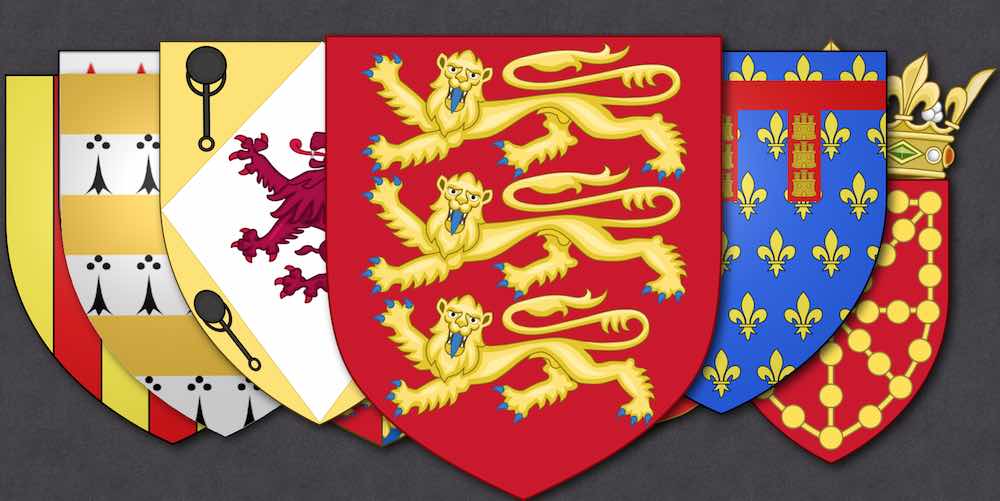
Even though Ximene plans to marry the Prince, she has little knowledge about the Plantagenet family she intends to marry into or the nature of the Empire they control
Slowly she learns that they too face insecurity and risk. Their empire is disrupted by great Lords jostling for power, by petty jealousy within the royal family and by independence movements having both economic and cultural inspirations.
Minor wars are a regular occurance, a major war at times seems inevitable
Ximene’s realises her desire to gain independance may be totally incompatible with the Plantagenet’s desire to inhibit similar independence movements elsewhere.
Until her more recent experiences, For Ximene the Plantagenets have been close to her ideal. King Richard I is Ximene’s hero. He lived his whole life, other than the eastern crusades, in Aquitaine. He prevented the Albigensian crusade entering the territories he controlled and he had refused to sanction the establishment of the Holy Inquisition. In Ximene’s eyes they have always given more priority to their lands in Aquitaine rather than to their territories to the North. The family matriarch Eleanor of Aquitaine, originated in Occitan and she knows that they are still fluent in the Gascon dialect of Occitan. They not only understand the nuances of the Occitan culture but live their lives accordingly.
What Ximene has no knowledge of is that this family of southern lords is, in the British Isles, struggling to retain control over an alien Norman state. There, the Plantagenets are in continual conflict with the Norman Barons. They struggle to introduce uniform statutes and laws to the whole of their Empire. The Barons want none of that. Every attempt the Plantagenets make to control the power of the Barons is resisted with deadly intent. Every generation has brought revolt and civil war. Parliament is a gathering of the Barons, and the Marcher lords make sure they are well represented. Parliament does not represent the interests of the people but protects the power of the Barons over the people and is often in conflict with the throne. It is a very subtle difference between governing on behalf of the people and governing to control and generate wealth from the people.
In this situation Wales, Ireland and Scotland are in revolt, but within their own boundaries there is internal conflict. Large tracts of land are controlled by Gaelic speaking clans. The Norman Lords in Southern Scotland have declared their independence from England.
The area’s immediately adjacent to hostile territory are known as the “marches” and in these areas the Barons think and live a seige mentality. They are well recompensed for leading this life where they are almost imprisoned in their own castles, but remain jealous of those who live in the more secure areas of Wessex and the Home counties. They demand greater and greater rewards for their exposure to and resistance of invasion.
The Prince’s father, who reigns as Edward III, came to the throne in desperate circumstances. His father had been accused of having homosexual relationships and to have given his favourites substantial rewards. Eventually he was murdered by one of the Baron’s, his mothers lover Roger Mortimer. Edward in turn murdered Mortimer. Now the Barons, by withholding revenue have made the realm bankrupt. King Edward has reneged on his debts to the Italian Banks and now finds it impossible to make further borrowings.